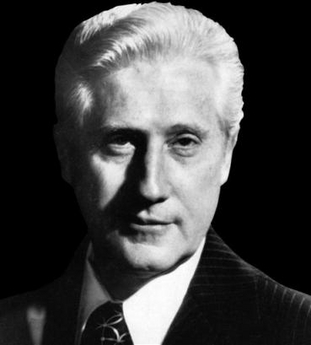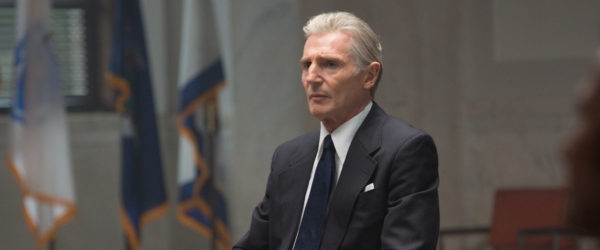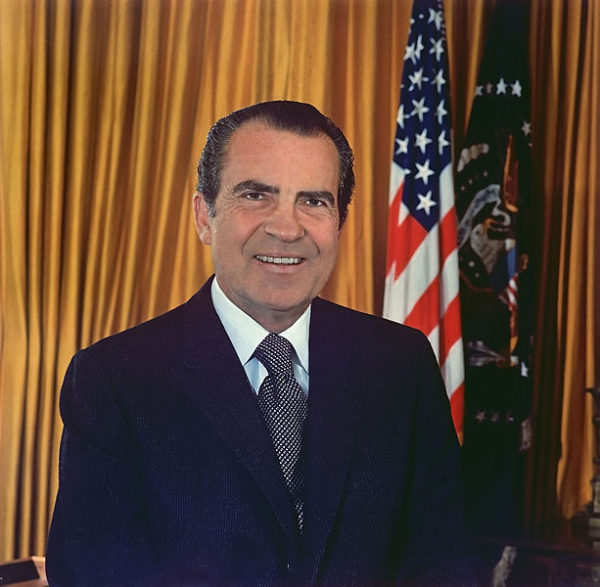Bob Woodward and Carl Bernstein, the Washington Post reporters whose headline stories on the burgeoning Watergate scandal forced Richard Nixon to become the first U.S. president to resign while still in office, obtained their explosive information from an anonymous source known as Deep Throat. For years, Deep Throat’s identity was shrouded in mystery, but in 2005, the source was identified as Mark Felt, the deputy director of the Federal Bureau of Investigation.

Felt, who always had been the soul of discretion, turned into the ultimate whistleblower because he could no longer abide the illegal shenanigans of Nixon’s White House. Angered by the president’s brazen attempt to shut down his probe of a seemingly petty crime that would balloon into a full-blown constitutional crisis, Felt — the keeper of embarrassing secrets on Capitol Hill — exacted his revenge.
Peter Landesman’s engaging film about these historically-charged events, Mark Felt: The Man Who Brought Down the White House, opens in Canadian theatres on October 13.
Felt, strongly portrayed by Liam Neeson, comes across as a deeply dedicated civil servant. A 30-year veteran of the FBI, he was appointed second-in-command in 1972, just months before the sudden death of its longtime director, J. Edgar Hoover, a hoarder of salacious files on the peccadillos of American politicians and government officials.

Being intensely loyal to Hoover, Felt ordered the destruction of these files following Hoover’s passing. Thousands of sensitive documents were shredded or incinerated before the U.S. Congress could gain access to them. Without blinking an eyelash, Felt and his associates stoutly denied that these documents even existed. This amoral side of Felt’s character is offset by a scene early in the movie during which he expresses his belief in democracy and the rule of law.
As played by Neeson, Felt is a grey, stolid and incorruptible. He’s disappointed to learn that a rank outsider without the slightest experience in law enforcement, Patrick Gray, has been appointed acting director of the FBI, a job he coveted himself. He takes the news stoically, like a good soldier who will never disobey a command. His wife (Diane Lane), however, is upset and bitter. “They don’t deserve you,” she complains in a reference to the FBI. “You need to resign.”

Felt soldiers on, bent on ensuring that Gray, a pliable Nixon appointee, does not compromise the power and the principles of the FBI. Felt’s mission takes on new importance after the headquarters of the Democratic Party’s national committee at the Watergate Hotel in Washington, D.C. is broken into by thieves.
Suspiciously enough, one of the burglars is a former employee of the Central Intelligence Agency. Sensing that this is no ordinary crime, Felt reprimands Gray for his apparent subservience to the White House. Gray, unmoved, tells Felt that he has 48 hours to wrap up his investigation of the Watergate affair.

The White House, having grown weary of the Watergate press coverage, accuses Felt of being a leaker. He counters that the White House has no authority over the FBI. By now, Felt is convinced that the White House is trying to control the FBI for its own nefarious ends, that Nixon himself is covering up the Watergate burglary and should be indicted, and that the Watergate burglars are not merely common, run-of-the-mill criminals.
Determined to pursue the case at all costs, Felt exclaims, “No one can stop the driving force of an FBI investigation.”
Felt’s role as a whistleblower manifests itself clearly when he meets Woodward furtively in an underground garage. “Get out your notebook,” he instructs the reporter.
The die is cast.
The film, which unfolds against the backdrop of nation-wide protests against the military involvement of the United States in the Vietnam war, takes a sharp detour when Felt and his wife launch a search for their missing daughter, a flower child with unconventional views and values. This facet of the screenplay underscores Felt’s devotion to her as a loving father, but does little to advance the heroic narrative of a principled official who tilts courageously at the windmills of power.
